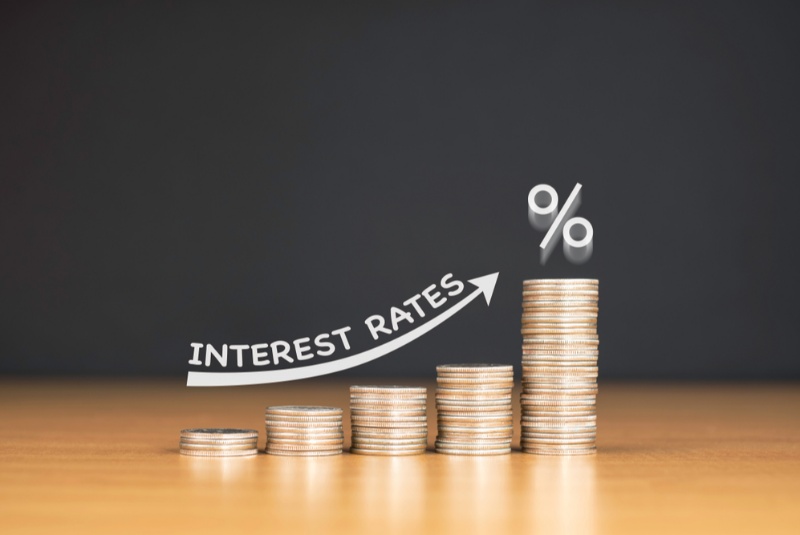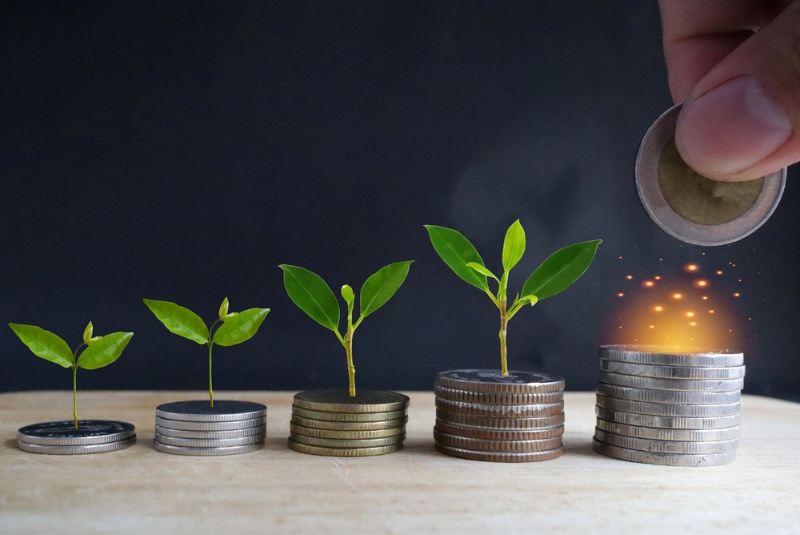Saving money is a goal that many people aspire to, but it can be difficult to achieve if certain habits are holding you back. Whether it’s spending impulsively, living beyond your means, or neglecting your financial goals, small, seemingly harmless habits can add up over time and prevent you from saving effectively. The good news is that by recognizing these habits and making simple changes, you can boost your savings and improve your financial well-being. Here are some common habits that you need to change if you want to save more money.
1. Impulse Buying
One of the biggest barriers to saving money is impulse buying. Whether it’s clothes, gadgets, or food, spontaneous purchases can quickly drain your bank account. Many people justify impulse buying by saying things like “I deserve it” or “It’s on sale,” but these small expenses add up over time and can derail your savings goals.
- Tip: Before making a purchase, pause and ask yourself if it’s something you really need or if it’s an emotional decision. Try implementing a 24-hour rule: wait 24 hours before purchasing non-essential items to see if the urge passes.
- Impact: Reducing impulse buying will allow you to put more money into savings and focus on purchasing only things that truly align with your needs and priorities.
2. Not Tracking Your Spending
Many people don’t track their spending, which can lead to a lack of awareness about where their money is going. Without a clear understanding of your expenses, it’s easy to overspend and miss opportunities to save.
- Tip: Start tracking your expenses by using a budgeting app like Mint, YNAB, or Personal Capital. This will give you a clearer picture of your spending habits and help you identify areas where you can cut back.
- Impact: By tracking your spending, you can make better decisions, identify wasteful habits, and find more opportunities to save.
3. Living Beyond Your Means
Living beyond your means is one of the most common reasons people struggle to save money. It’s easy to get caught up in the lifestyle inflation that occurs when your income increases, and you start spending more on things like dining out, luxury items, and vacations.
- Tip: Adjust your lifestyle to live within or below your means, regardless of income changes. Set a realistic budget that accounts for savings and avoid increasing your spending when you get a raise or a bonus.
- Impact: Living within your means will help you put more money toward savings and prevent debt accumulation, allowing you to build a more secure financial future.
4. Not Automating Savings
Many people struggle to save money because they don’t make it a priority or they forget to set aside funds. If you’re waiting until the end of the month to save, it’s likely that you’ll either forget or be left with very little to put away.
- Tip: Automate your savings by setting up automatic transfers from your checking account to your savings or investment accounts. Aim to save a fixed percentage of your income every month, ideally before you spend on anything else.
- Impact: Automation takes the guesswork out of saving and ensures that you consistently save each month, which will accumulate over time and help you reach your financial goals faster.
5. Paying for Subscriptions You Don’t Use
Subscription services, like streaming platforms, gym memberships, and software, can pile up over time if you’re not careful. Many people continue paying for subscriptions they rarely use or forget about, which leads to unnecessary expenses.
- Tip: Review your subscriptions regularly and cancel those you no longer need or use. There are also apps that can help you track and manage your subscriptions, so you can identify and eliminate any wasteful spending.
- Impact: Cutting out unused subscriptions will free up money that can be redirected toward your savings or used for more important expenses.

6. Using Credit Cards for Everyday Purchases
While credit cards can be useful for building credit and earning rewards, using them for everyday purchases—especially when you don’t pay off the balance in full each month—can lead to high-interest debt that eats into your ability to save.
- Tip: Use credit cards wisely by paying off the balance in full each month to avoid interest charges. Consider using a debit card for day-to-day purchases to help you stay within your budget.
- Impact: By avoiding credit card debt, you’ll save money on interest and fees, making it easier to build your savings without the burden of high-interest payments.
7. Neglecting Emergency Savings
Many people don’t prioritize building an emergency fund, which can leave them financially vulnerable in the event of unexpected expenses, like medical bills, car repairs, or job loss. Without an emergency fund, you may be forced to use credit cards or loans, which can lead to debt accumulation.
- Tip: Aim to build an emergency fund that covers 3-6 months of living expenses. Start small, but make it a priority to save for unexpected costs, so you don’t have to rely on credit in an emergency.
- Impact: Having an emergency fund provides financial security and prevents you from having to dip into savings or go into debt when an unexpected situation arises.
8. Failing to Shop Around for Better Deals
Many people settle for the first option they find when shopping for things like insurance, utilities, or big-ticket items. However, failing to shop around can lead to paying more than necessary for services or products.
- Tip: Take the time to compare prices, look for discounts, and read reviews before making a purchase. For ongoing expenses like insurance or utilities, consider switching providers every year or two to ensure you’re getting the best deal.
- Impact: Shopping around for the best deals can result in significant savings over time, which can be redirected to your savings or used to pay down debt.
9. Overlooking Energy Costs
Energy bills can be a significant portion of your monthly expenses, but many people don’t take steps to reduce their energy consumption. Leaving lights on, using old appliances, or failing to insulate your home can lead to higher energy costs.
- Tip: Make small changes to reduce your energy consumption, such as turning off lights when not in use, using energy-efficient appliances, and weatherproofing your home. Consider switching to a more energy-efficient thermostat to save on heating and cooling costs.
- Impact: Reducing your energy usage will lower your utility bills, allowing you to save money every month and potentially invest in other areas of your financial future.
10. Not Setting Financial Goals
Without clear financial goals, it’s easy to let your money slip through your fingers, especially when it comes to savings. People often don’t prioritize savings or make it a long-term goal, which can prevent them from achieving financial security.
- Tip: Set specific, measurable, and realistic financial goals. Whether it’s saving for a vacation, building an emergency fund, or paying off debt, having clear goals will help you stay motivated and focused on your financial priorities.
- Impact: Setting financial goals gives you a sense of direction and purpose, making it easier to make smarter financial decisions and stay on track toward achieving those goals.
Changing your money habits doesn’t require drastic measures, but it does require self-awareness and a willingness to make adjustments. By reducing impulse spending, tracking your expenses, automating savings, and prioritizing your financial goals, you can build a healthier financial future. Small changes to your daily habits can lead to significant savings, helping you reach your financial goals faster and with greater ease. Making these shifts now can ensure that you save more and set yourself up for a secure and successful financial future.





